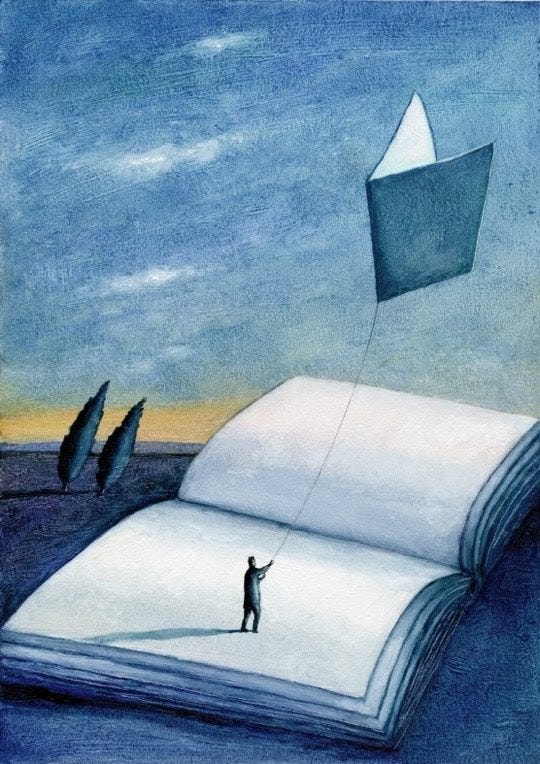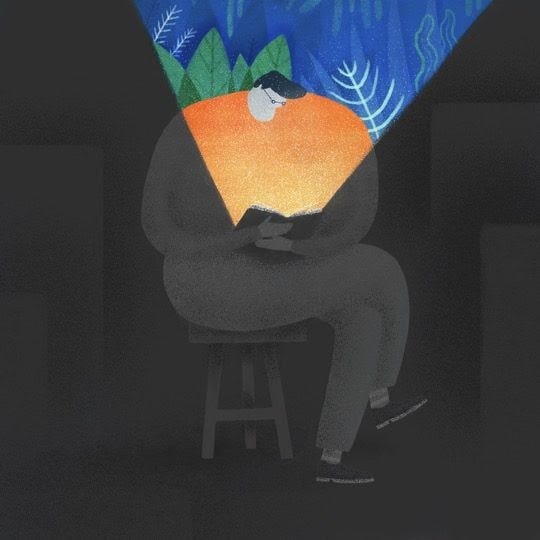Barring Books: Standing Against the Silence
Books have been used since ancient times to convey opinions and attitudes. It is our means of letting others know what resides in our busy…
Books have been used since ancient times to convey opinions and attitudes. It is our means of letting others know what resides in our busy minds, and each person owns that ability — that freedom to lay out those exact thoughts bare on blank paper. In current society’s constantly evolving definition of what it means to be free, we are always trying to figure out the best possible way to express our thoughts, feelings, and emotions. But what if that is taken away from us? What if the ‘freedom of speech’ that was so eagerly promised to us was limited? What would it mean ultimately for this generation, and the next?
As a highly religious country, Malaysia believes strongly in adhering to orthodox religious doctrine — in this case, the Qur’an: an ancient, sacred text that centers Islam and is believed to be a revelation from God by Muslims. With a generous number of Muslims in Malaysia (61.3%), the government is insistent, and very much uncompromising when matters pertain to divinity and belief.
So much so that in Malaysia, certain books have been banned as they are deemed ‘inappropriate’, ‘immoral’, and ‘heretic’. Some examples of books that have been banned for blasphemy and other synonymous issues are: ‘The Satanic Verses’ by Salman Rushdie, ‘The Mask of Serenity’ by Jacob M. Appel, and ‘Onward Muslim Soldiers’ by Robert Spencer.
Take the ‘Fifty Shades Trilogy’ as another example. Written by E L James, the series sold 34.9 million copies in the US in 2011 and 2012 alone. However, it was considered inappropriate for promoting ‘sadistic’ behaviour and said to be a ‘threat to morality’.
It was banned in 2015.
As we all know, Malaysia is still a conservative, traditional country despite the new wave of young voices that begin to herd the crowd. Because of this predicament, we do not share the luxury of being able to read such material as other countries do. And as younger generations grow more habituated with technology, curiosity might overcome them, leading them to download these books illegally. This could get them in serious trouble as it involves piracy and copyright issues. As it is a direct result of Malaysia banning these books, it leads us to question the efficacy of this seemingly unjust judgement.
Furthermore, books written by fellow Malaysians have been banned as well. ‘Gay is OK! A Christian Perspective’ — penned by Chinese Malaysian Boon Lin Ngeo in 2013 — was prohibited from being published as it was an attempt to promote homosexual way of life in Malaysia, disregarding the strict cultural sensitivities here. From disallowing entertainment, to barring fellow citizens from promoting ‘love is love’ culture, many may begin to question the rose-tinted screen of freedom that our country seems to portray, but is yet so restricted.
This has a huge impact on our current freedom of speech. Limiting the peoples’ span of interests obliterates any budding means of self-expression, seeing as more and more would live in apprehension regarding societal norms and what is deemed acceptable and not. This could also, of course, be related to religious affairs — considering Malaysia to be an exceedingly pious country.
All of this lies in the hands of our government, who have the final say in every situation. They deem what is appropriate. Allowed. Proper — for this nation. Some might argue that the government holding such a large amount of opinion may be inequitable; if they possessed such authority, what would it mean for the next generation, and many more to come? Where would their voices go? Would it be hushed, as how Boon Lin Ngeo’s had been? However, others might say that such restriction is needed to uphold the unyielding religious standards we have set for ourselves.
At the end of the day, the issue of freedom of speech in Malaysia still remains an open-ended one. The diminution in certain books can be a sensitive topic for some readers, let alone the authors themselves. This makes us start to question ourselves regarding the true, subjective definition of what is suitable — and we may all end up with a different answer, a different opinion. But what can be unanimously agreed upon would be the aching need to give the current — and future — generation the security of being able to voice opinions and thoughts freely, be it in written form or not.
Though books, especially, would help vastly in projecting sentiments and reminding us that we never stand ourselves, for the great C.S. Lewis once said,
“We read to know we are not alone.”
[Written by: Xinjie]




